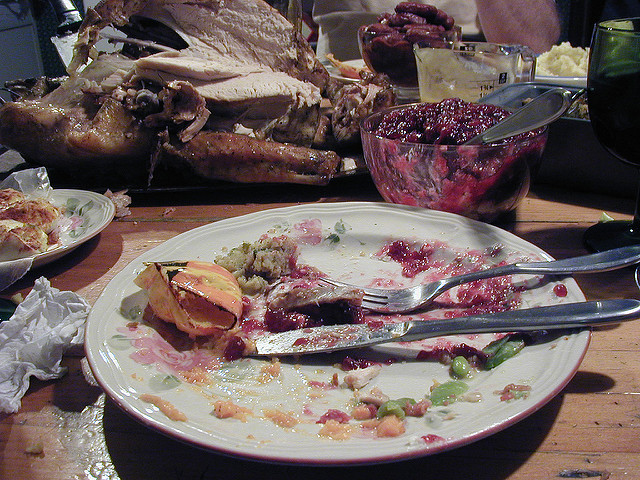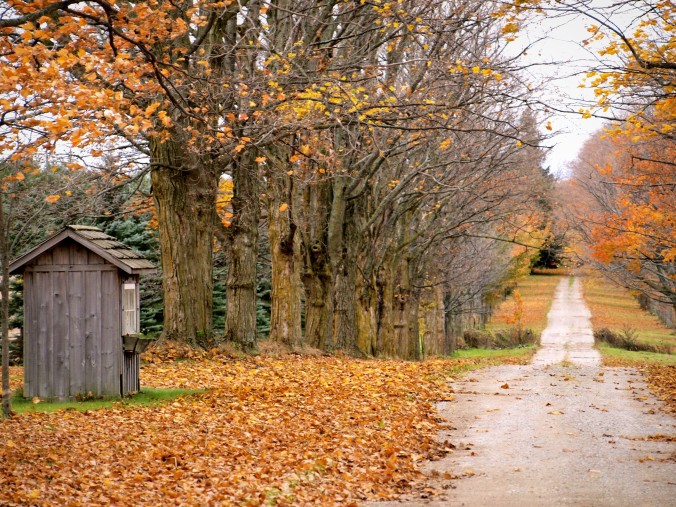For years I’ve been curious about Thanksgiving and the idea of gratitude. One of my earliest posts, Thankshaving, (which hilariously looks a lot like Thank-shaving instead of Thanks-having) attempted to parse through this. I’ve remained a student of this idea of gratitude for years. This year, I think I graduated to 8th grade in the subject, as I’ve begun to realize what a powerful act it can be to cultivate a sense of thankfulness in any situation.
Thanksgiving is the day we sit around the table and say what we’re thankful for, the stuff that we readily forget for the other 364 days of the year. Our homes, our families, and our jobs move high on the list because we often only complain about these things, but on Turkey Day, we are glad to have them and cannot imagine life without them.
On the 4th Thursday of the eleventh month, we corporately and individually declare what is right in our world. Hidden beneath our gratitude, we find a layer of acknowledgement that life isn’t perfect, and we still find space to be thankful for what is good. It’s our way of saying, what I have, and what I am, is enough. Maybe, even, (probably!) more than enough.
In our culture, one that tells us how we aren’t beautiful enough, or successful enough, or loving enough, this is a radical act. We’re led to believe that we’re constantly without enough time, money, friends, power, control, and love to be worthy of our existence, and yet, on a day full of White Carbs of Happiness, we have the power to look at the Black Friday ads and say, “liar.”
When you begin a month full of shopping from this posture, you hold all the trump cards, my friends. You can play the right and the left bower as you see fit. You are free to enjoy a month of giving and receiving because you get to do so as a response to – not a source of – gratitude.
No one really disputes the consumerism of our society, specifically in the month of December, yet it continues to progress. Some propose downplaying all the gifting, and taking a “minimalist” approach (which I appreciate and even integrate). But I’m not sure it actually gets to the root of it. It can slightly shift us from the financial burden and the overcrowding of our homes, but it doesn’t return us to center. Making enough holiday gifts can keep us in the same rat race of earning our worthiness as the old fashioned way of buying it. In fact, now it’s so trendy to reduce the holiday consumption that we’re adding more stress by needing to find that perfect amount to spend and give, so that it’s not too little or too much.
I’m really digging the idea that moving from gratitude will provide much more peace and joy to our Christmas season because we’re not trying to do it right. The perfect gift isn’t necessary, because we’re practiced in saying “it doesn’t have to be perfect to be good.” We’re moving from a place of enough. We already are enough, and any gift we give is just gravy on the taters (and stuffing and turkey).
This year, as the children write their wish lists and I start my Amazon (and local!) purchasing, I’m finding a new kind of excitement about the season. I can’t wait to look for the things my kids enjoy, and not because I need to provide them perfect presents or risk ruining their childhood. All of heaven knows they don’t need anything. Gratitude reminded us: we are enough. We have enough. We’re simply celebrating our enoughness, and the result is joy.


